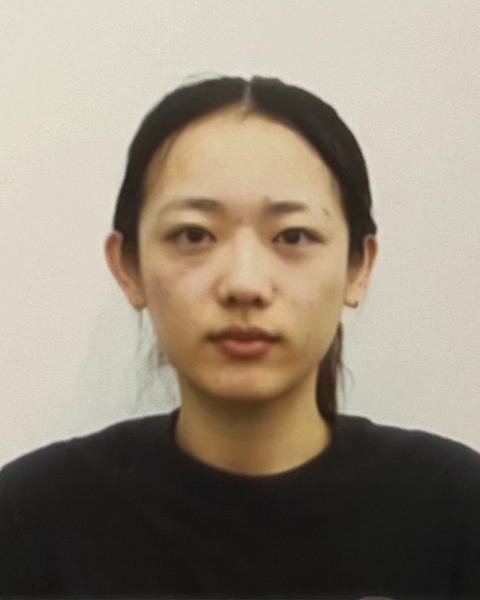Software & Tool Demonstration
(T-131) A Bayesian Model-based CTS Tool to Optimize Clinical Trial Design in Duchenne Muscular Dystrophy
Tuesday, November 12, 2024
7:00 AM - 5:00 PM MST
Ramona Belfiore-Oshan, PhD – Executive director, Critical Path Institute; Zihan Cui, PhD – Senior quantitative medicine developer, Critical Path Institute; Yi Zhang, PhD – Director of Pharmacometrics, Critical Path Institute; Jagdeep Podichetty, PhD – Senior director of predictive analytics, Critical Path Institute

Qiushuang (Rachel) Xu, MS
Quantitative medicine developer
Critical Path Institute, United States
Author(s)
Disclosure(s):
Qiushuang (Rachel) Xu, MS: No financial relationships to disclose
Objectives: Duchenne Muscular Dystrophy (DMD) is a rare disease with variable and non-linear progressions. To better understand the relationship between longitudinal disease dynamics and clinically meaningful outcome measures, the Duchenne Regulatory Science Consortium (D-RSC) team has developed Bayesian models of disease progression, dropout models and joint models of longitudinal changes based on velocity endpoints (supine-stand, 4-stair climb, 10-meter/30-foot walk/run), forced vital capacity (FVC) and North Star Ambulatory Assessment (NSAA) from DMD studies. These models were incorporated into a Clinical Trial Simulation (CTS) tool containing the disease progression, the drug effect and the dropout components simulated in silico, to optimize the design of potential future therapies for DMD.
Methods: Expanding on our existing DMD CTS tool and previous investigation[1], we incorporated the additional dropout component to the final tool. The tool is implemented in R and containerized into two components: a Shiny web app and a standalone R package, allowing for more flexible usage.
Results: We showcase the capability of the updated tool with a case study that will show how this tool is expected to help simulate drug development in DMD and accelerate the path to new therapies. The user can choose the endpoint of interest, proposed inclusion criteria for the trial, proposed length of the trial, and estimated drug effects, and can then perform simulations. Each of the input parameters can be altered until an optimal trial design is determined. This can then be repeated for one or more of the other endpoints of interest.
Conclusion: The Bayesian disease progression models used here represent a sophisticated and innovative quantitative methodology for clinical trial simulations. The resulting drug development tool will help inform the selection of optimal trial design parameters for clinical trials of potential therapeutic candidates for DMD.
Citations: [1] Lingineni K, Aggarwal V, Morales JF, et al. Development of a Model-based Clinical Trial Simulation Platform to Optimize the Design of Clinical Trials for Duchenne Muscular Dystrophy. CPT Pharmacometrics Syst Pharmacol. Dec 8 2021;doi:10.1002/psp4.12753

